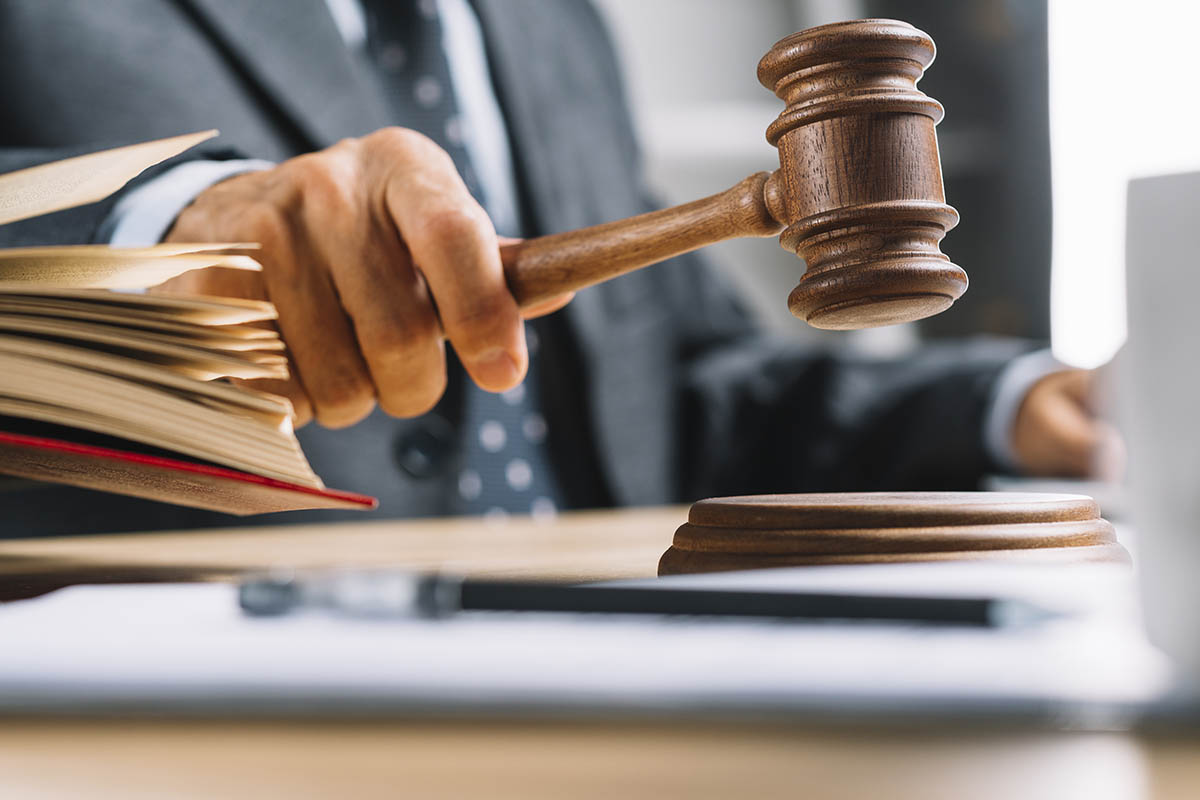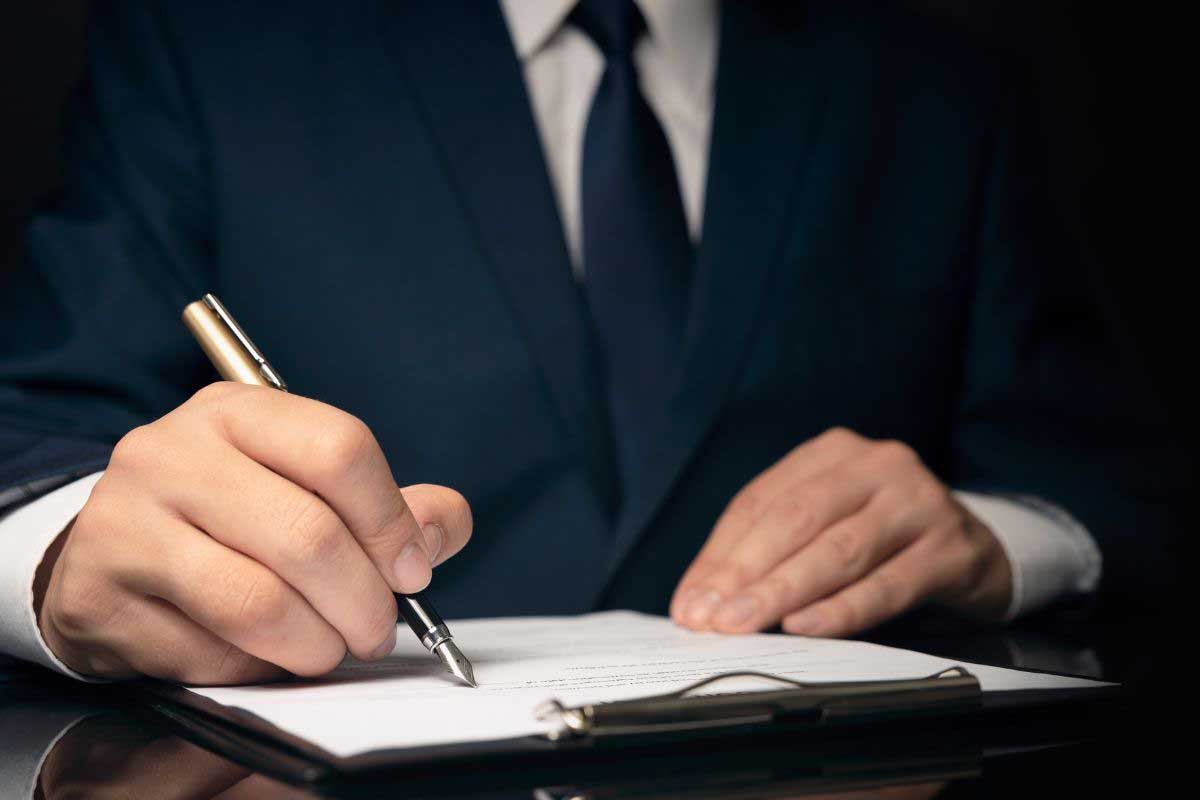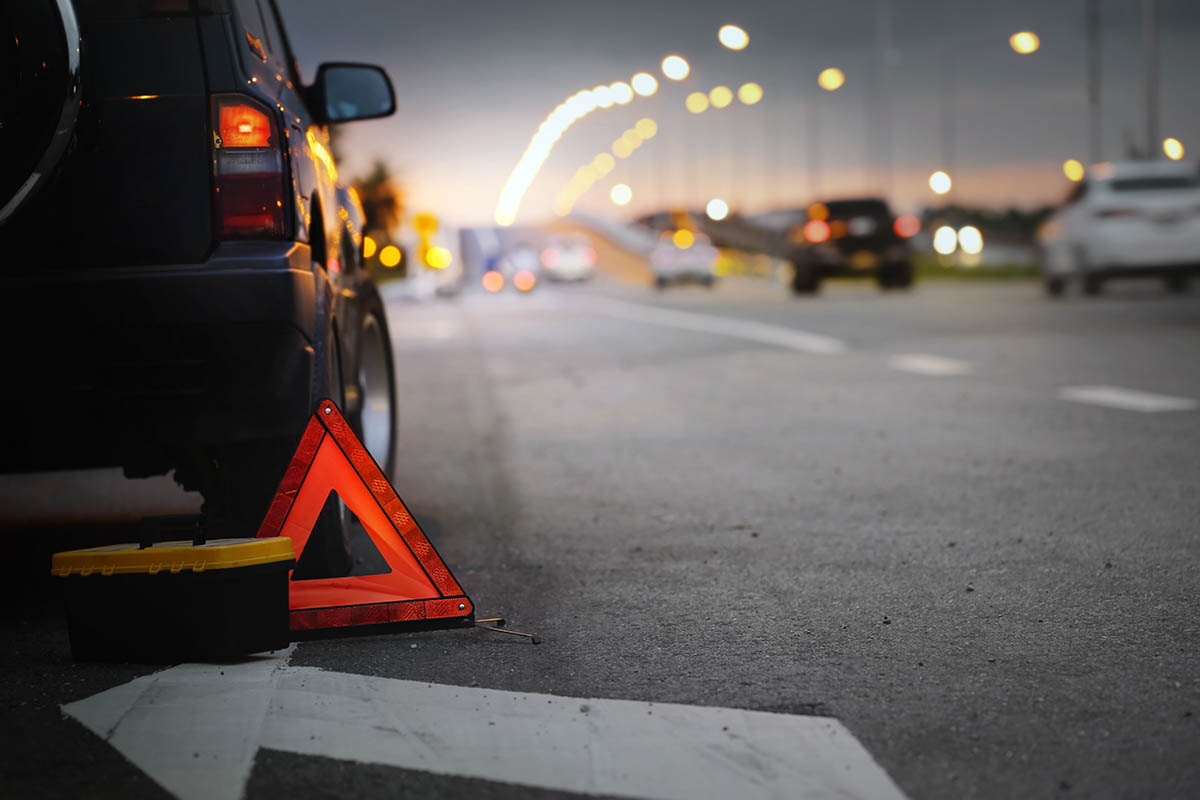Don’t Even Mention It: Top of Lawyers Mistakes in Court
To talk about the case, not to ask unnecessary questions, not to quarrel with opponents, forget about references to the Constitution and your own awards.
And the main thing is to prepare well for the process.
In this article, we will understand how to behave in the courtroom, so as not to harm the case, which lawyers are most respected by judges and which phrases should not be uttered in any circumstances during the session.
- The golden rule – to behave decently, without the habits peculiar to the person in life. Litigation – a kind of solemn event, for which the sides are preparing – or in any case should be prepared.
- When we talk about the trial or the investigation, we cannot say first of all what can make the court doubt the facts that testify, for example, the innocence of the principal.
- It is necessary to speak clearly and only in relation to the subject of the trial: to eliminate the freedoms associated with rhetorical, philosophical reflections. This, as a rule, is not helpful – it turns into laughter or joke, depending on the situation. Judges generally always respect the side of the process that tries to stay within the bounds of the subject matter of the case.
- One should not underestimate one’s procedural opponents, think of them with contempt, let alone talk about them in court. This may have been the reason for the long court of Bouvier’s case. The underestimation of your procedural opponent, insufficient forecasting of his arguments leads to defeat because at some point you will not be ready for an answer to an argument suddenly used by the opponent.
What to do
Always assume that your procedural opponent is smarter than you, try to evaluate the evidence in the case, not only from your position but also from the opposite side.
In the process of preparing for the meeting, you should at some point try to start thinking like a procedural opponent, put yourself in his place, come up with all possible arguments for him, and the same arguments are already broken from themselves.
- You should not disrespect the court and your opponents, move to a dispute over the person, use any expression that in any way diminishes the honor and dignity of another person. This seems to be the fundamental rule, many lawyers neglect, believing that in a procedural dispute is admissible any arguments. Any display of contempt for the procedural opponent, and even more so to the court, can not but cause a response, affecting the objectivity of the decision taken in the case. The result will be not an assessment of your legal arguments, and the assessment of your personality, which may affect the fate of the client, which is absolutely unacceptable.
What to do
The answer to this question is in the law on advocacy: in all cases to show the honor and dignity inherent in the profession.
Confidently maintain and defend its own procedural position, not stooping to squabbles, scandals, shouts, insults of other participants in the process.
Be respectful towards the court and opponents, inspire them to respect both you and the position defended by you, never forgetting that in the future, any participant in the process and even the judge can become your client.
By the way, such clients, who appeal to you on the results of the assessment of your work in another process, is the best sign of professional recognition without Lawyers Mistakes in Court.




















